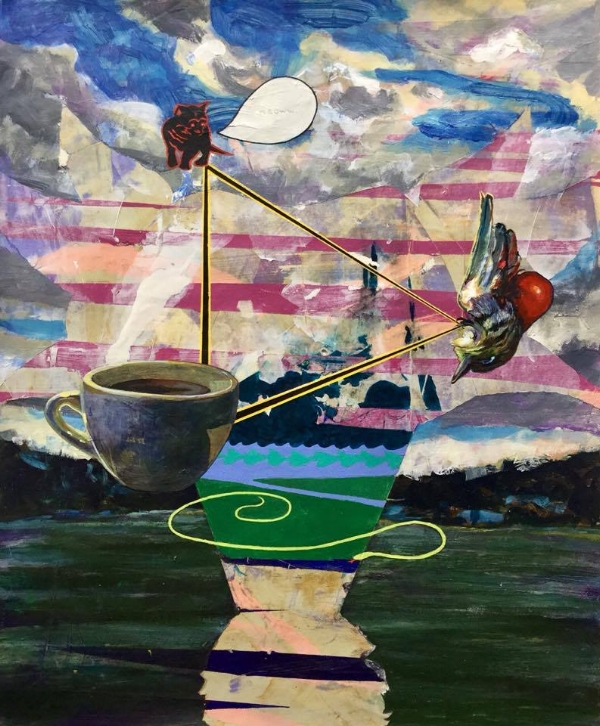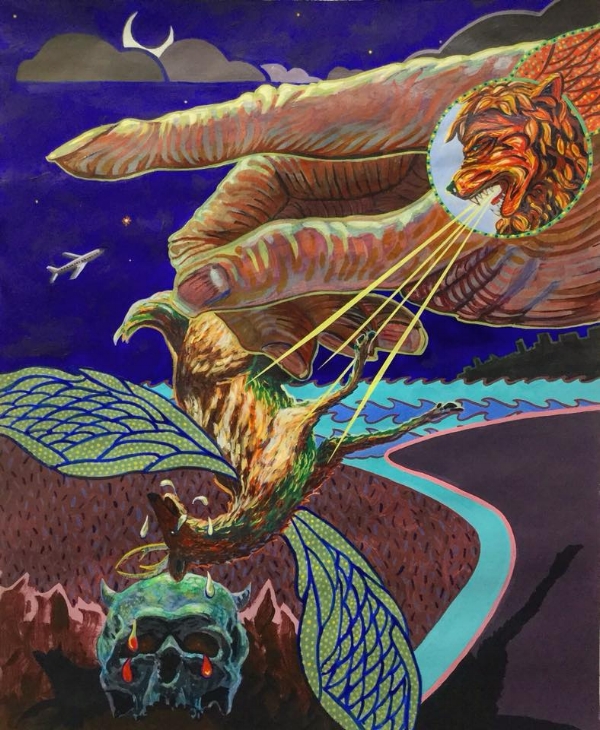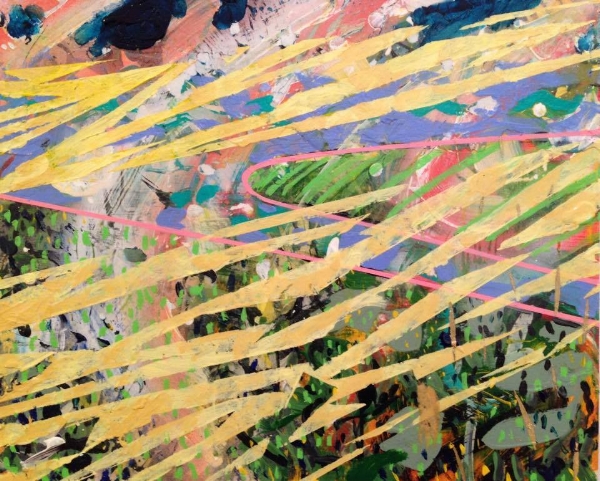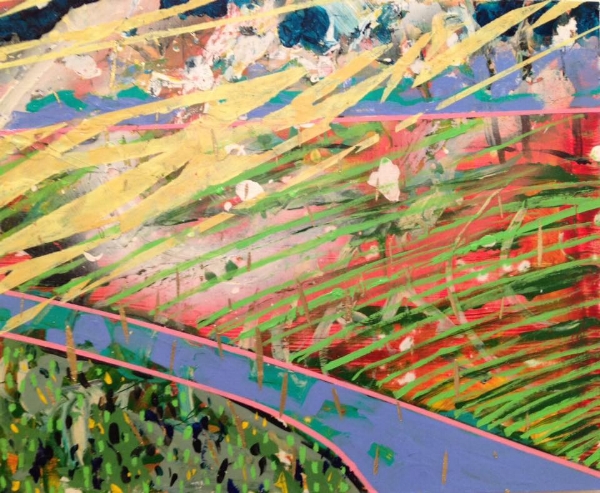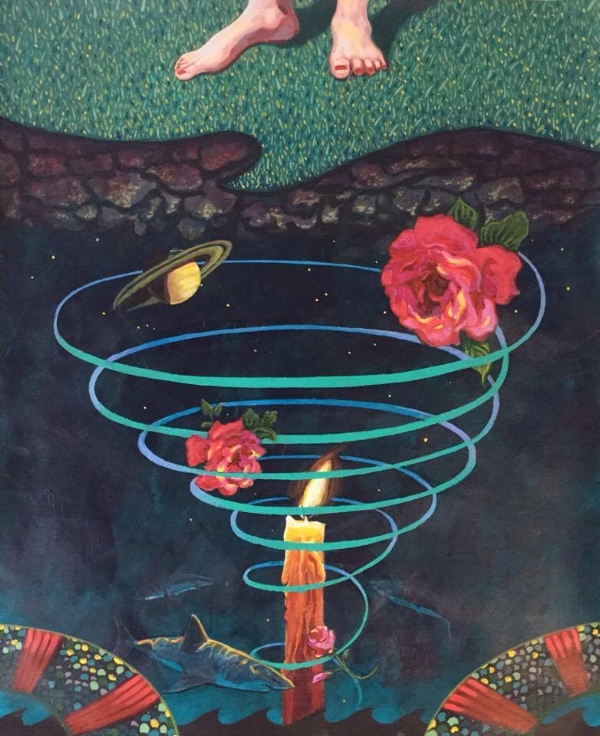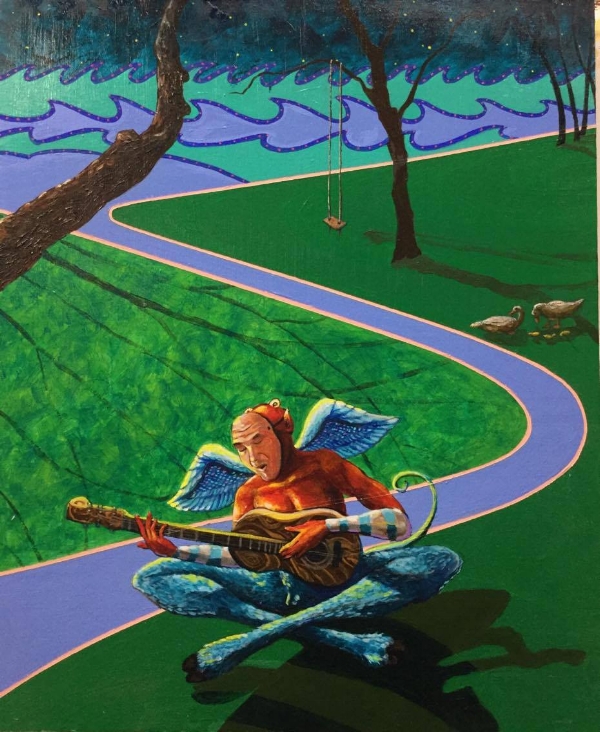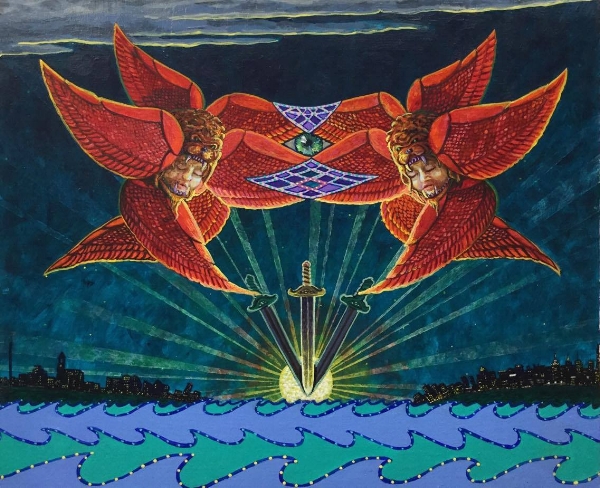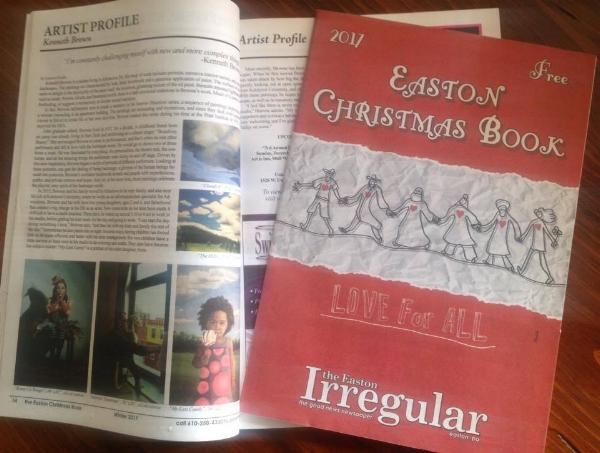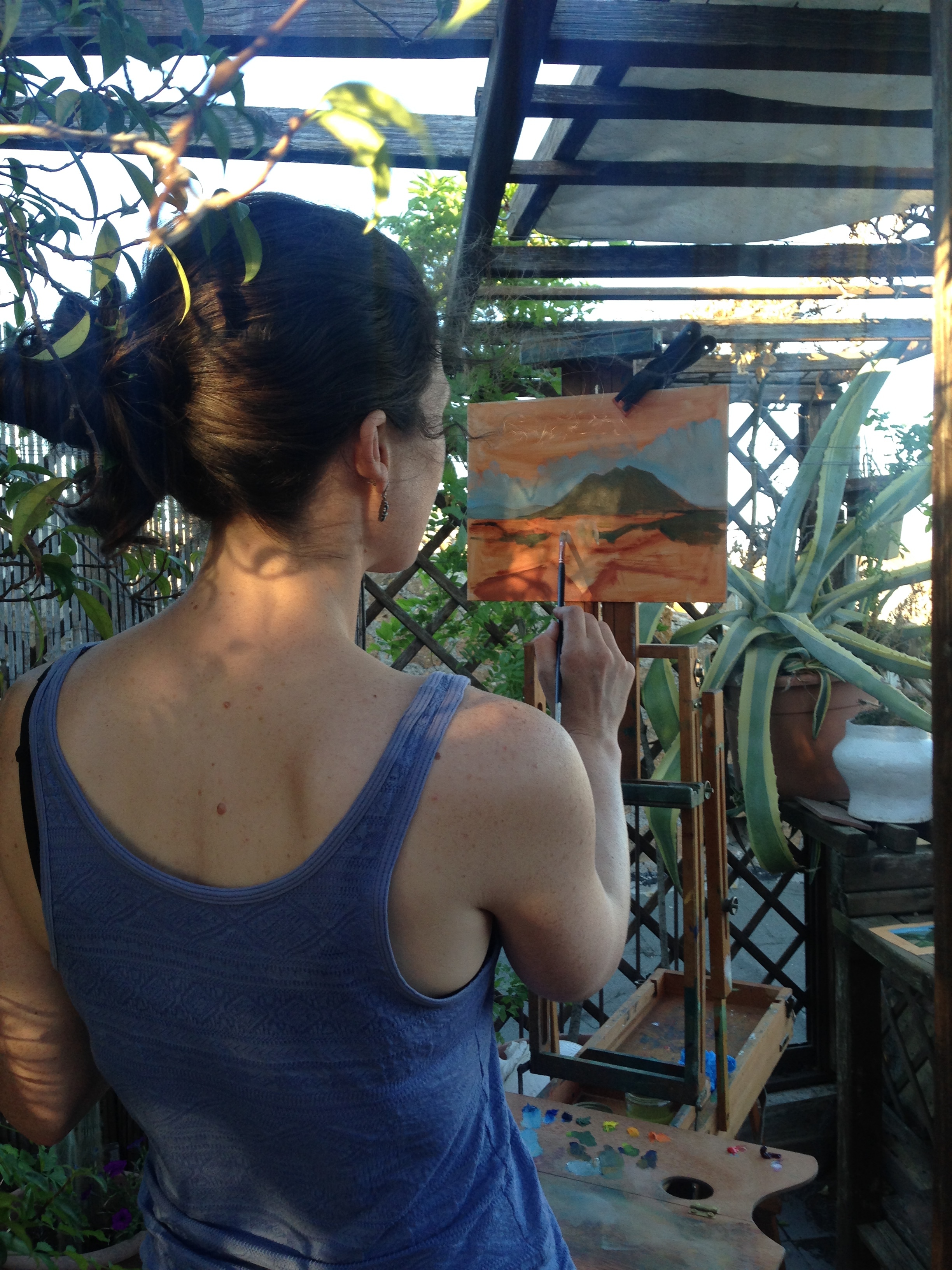The void from Adam's chest kept him whimpering for days. Days at a time, when time was new, when time was not yet time. For the hours were days, the days years, and through those years your flowers grew, your beasts called you, and your ocean rolled.
Adam was yet to love you. The pain was too great, the wound too fresh. The cut so deep, God's first try laid upon the ground, yet to put his feet back under his weight, yet to open his eyes even to see you.
I was the only one. Perched in the branches, inside the eyes of your beasts. Days upon days, years upon years... How could I not grow to Love you? You ask me if God is cruel.
I ask you, how cruel is it to be conscious, to be present, to be of mind, to be before you and sworn not to touch you, to swim in your streams, move through your flowers, and hide behind the eyes of your beasts? You, the most beautiful thing, my most sacred admiration, the wonder of my existence?
I knew God's laws.
I was made a part of you, before you,
Made to be of Him, for Him, for you
In you, a part of you, to care for you,
I was set here before to govern, to chaperone the exchange of life into death.




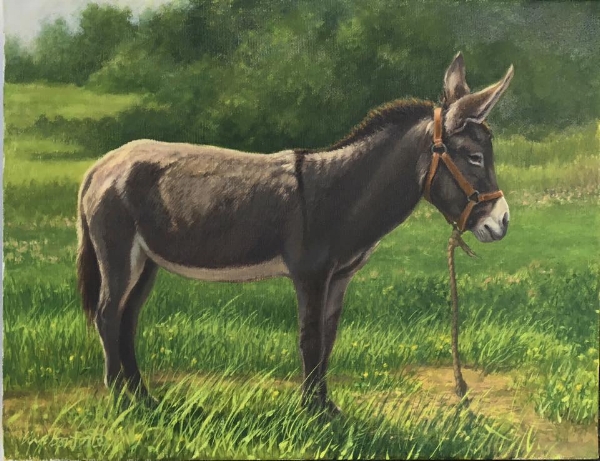





















































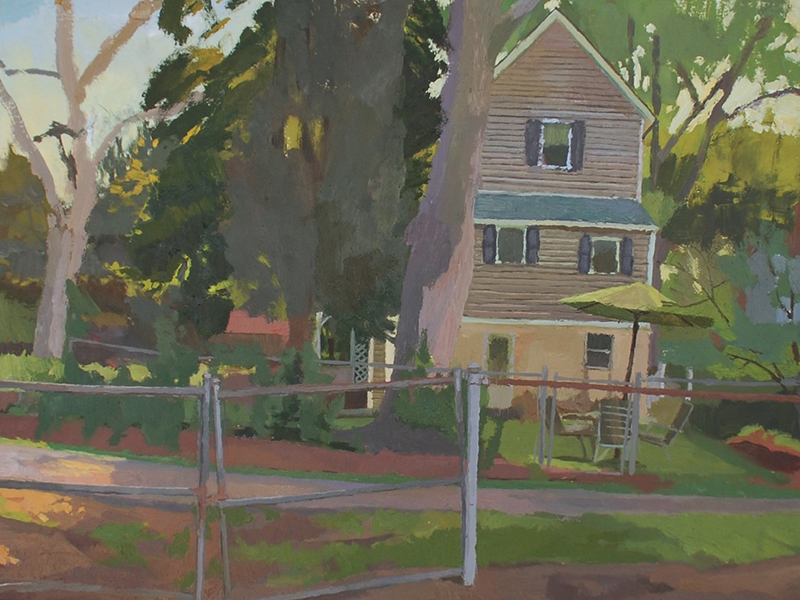






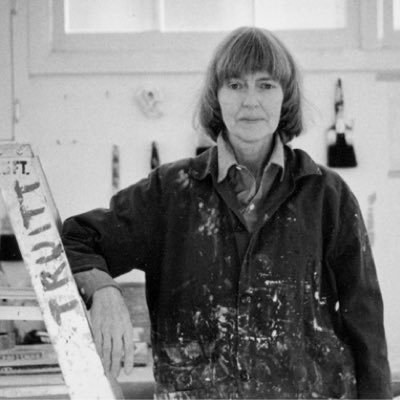


![Rice-Paper Drawing [17], 1965, ink on Japanese rice paper, 12 1/4 x 9 in. (I found this image on the very-awesome-blog "Studio and Garden" by Altoon Sultan.)](https://images.squarespace-cdn.com/content/v1/55529f9fe4b0566732bef70b/1513026830774-FCM17S4Y5B2ZGREX7IOH/1+anne+truitt%2C+rice+paper+drawing+17.jpg)

















